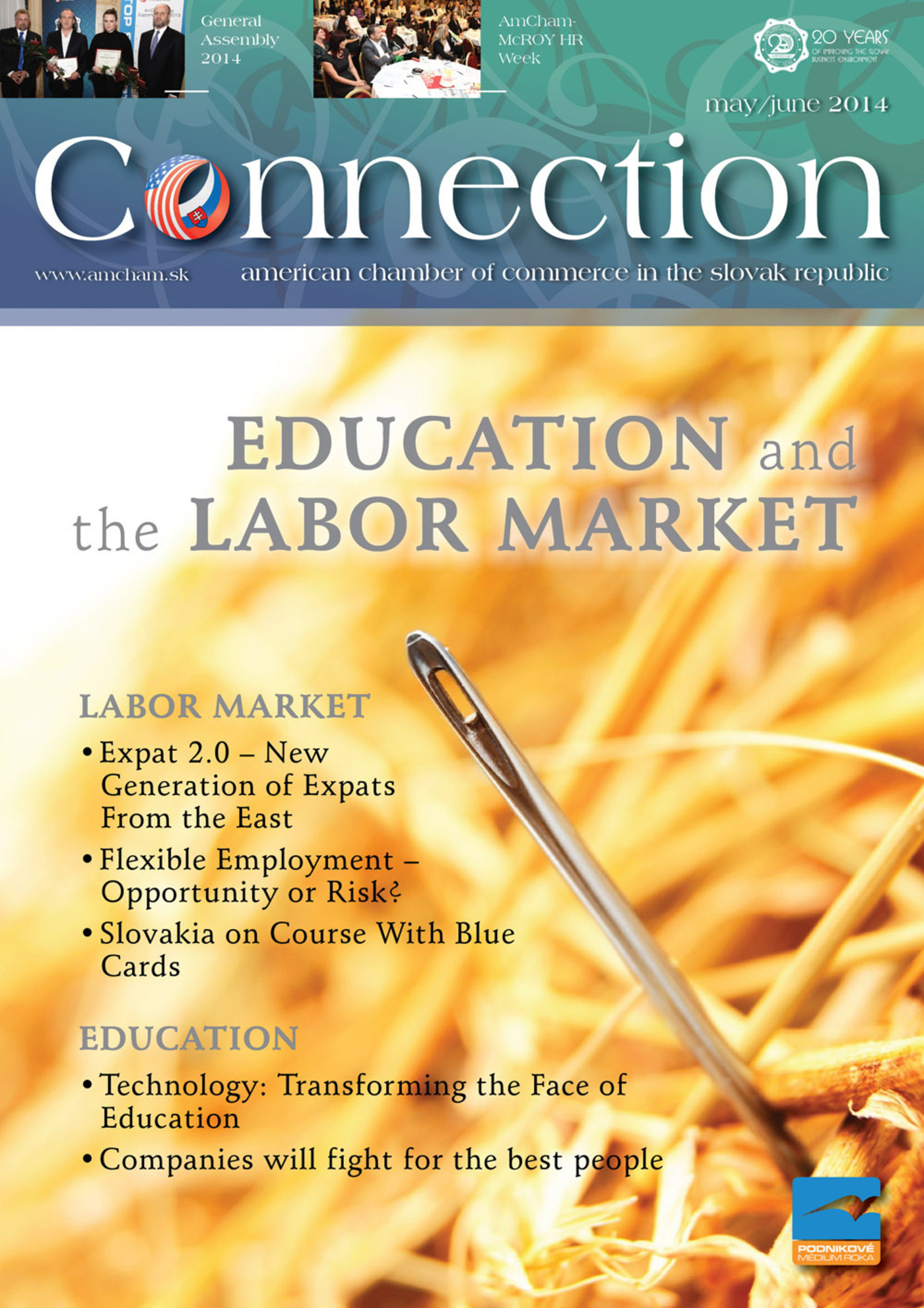Following the implementation of a European directive last year, the Blue Card has been introduced in most European countries, including Slovakia. The Blue Card applies to the employment of highly-qualified third-country employees in the EU.
Highly-qualified employment is employment that requires higher professional qualifications, i.e., a qualification substantiated by proof of university education.
EU Blue Card
The introduction of the Blue Card should support the migration of highly-qualified employees in the European area by introducing simplified immigration processes. The Blue Card, launched as an answer to the American Green Card, has initially had less success with international companies and employees than expected.
One of the limitations may be that an employee can only use the Blue Card in the country that issued it. Given the unification of legislation within the EU, it would be expected that obtaining the Blue Card in one country would allow work in more or all Member States of the European Union. Nevertheless, the Blue Card, together with the EU’s Single Permit Directive and the Directive on the Posting of Workers, is a step towards a more-harmonised European migration policy and its impact is positive. Given the growing importance of the knowledge-based economy, it is essential for countries to attract highly-skilled third-country workers.
Attracting knowledge workers is important because they bring significant added value to economic development over the long term. The presence of knowledge workers is also vital for sustaining a country competitive.
Processing time
One of the most important aspects of the immigration process for highly-skilled workers and international corporations is the processing time. The study shows that the immigration process is fastest in Finland, Portugal and Belgium (two to three weeks), while the procedure can take up to four months in Austria, Spain and Italy. On average, the Blue Card is issued within five to six weeks. In Slovakia, the process is a little shorter than average; the relevant authorities should issue the Blue Card decision within 30 days of the submission of a full application.
When looking at the immigration process for highly-skilled workers, it is obvious that it is mainly distinguished from the standard process in the case of temporary residency for employment purposes by the required salary and qualifications.
Highly qualified workers
In general, the requirement for the minimum salary for the Blue Card amounts to 1.5 times the average monthly salary in the national economy and completed university education. A comparison of the minimum salary requirement to obtain the Blue Card shows that the decisive factor is the amount of the average monthly salary in the countries of the European Union.
According to the results of the study, there are generally higher minimum salary requirements in the countries of Western Europe, where the average salary is higher due to their economic and social situation, than in Central and Eastern Europe.
Residency permits for highly-skilled workers are usually valid for either 12 or 24 months and they can be extended in most cases. In Slovakia, this type of permit has a three-year validity with the option of a further three-year extension. From this perspective, Slovakia appears progressive compared to other EU countries.
The study shows that the country with the most efficient and accessible immigration policy for highly-skilled immigrants is Belgium, which is also exceptionally attractive due to the speed and conditions for the granting of the Blue Card.
Miroslava Terem Greštiaková, Lawyer, Associate Partner, Deloitte Legal
Róbert Minachin, Lawyer, Senior Associate, Deloitte Legal



Follow us